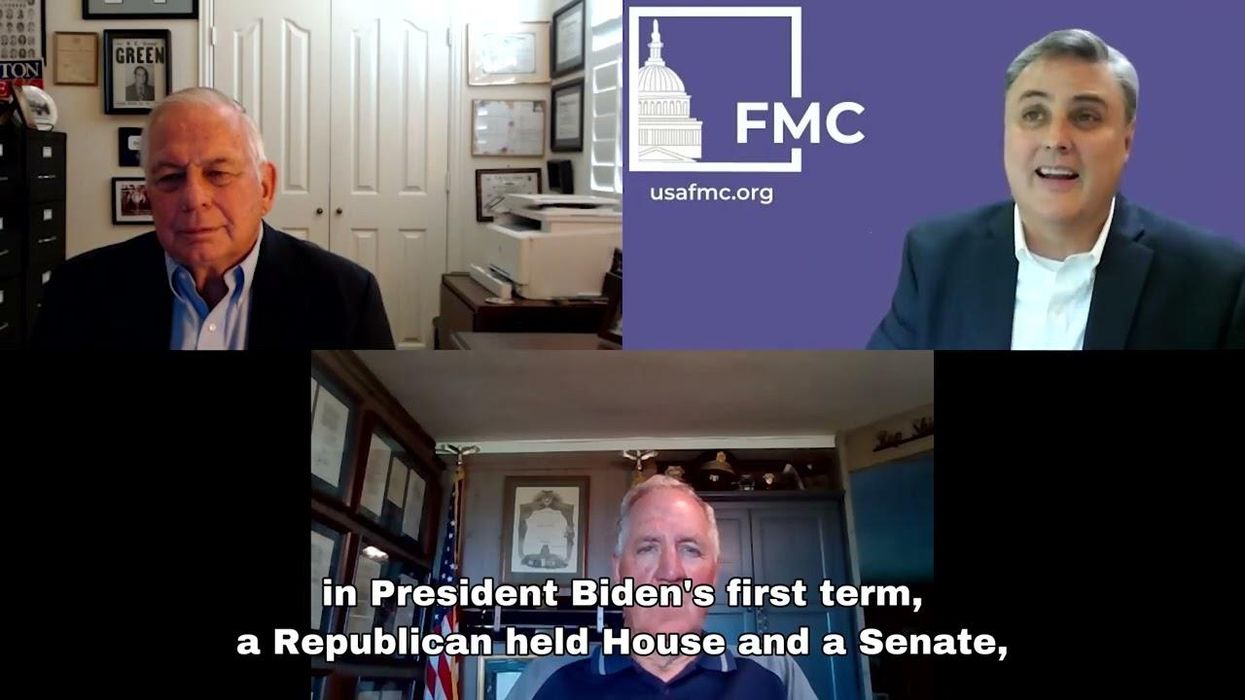From social media to cable news, all the American public sees from our leaders are partisan attacks and hyperbolic rhetoric, but that's not the way it has to be. To prove it, Former Members of Congress (FMC) and the Fulcrum have joined forces to bring you Congress at a Crossroads.
The monthly video series brings together Former Members of both parties to discuss the structural issues in today's Congress, as well as the hottest political issues. They won't always agree, but they will always treat each other with respect and civility.
This month, our host, FMC CEO, Pete Weichlein sat down with Former Members Gene Green (D-TX) and John Shimkus (R-IL) to discuss the recent Supreme Court decision in West Virginia v. EPA, how Congress should handle energy policy going forward, and what energy and climate legislation might come out of a Republican majority, if the House flips.





















